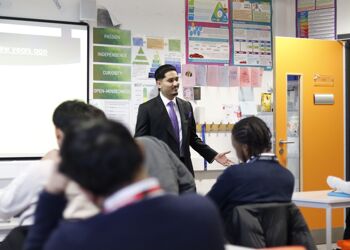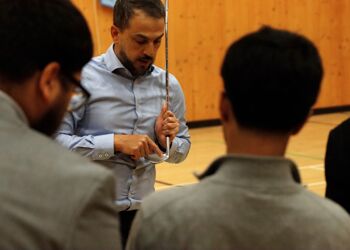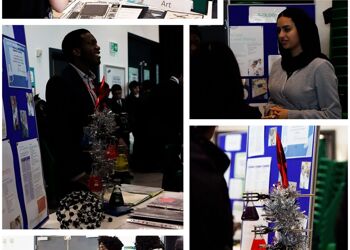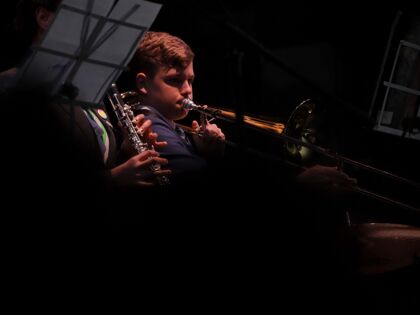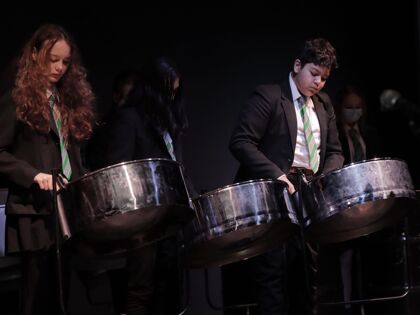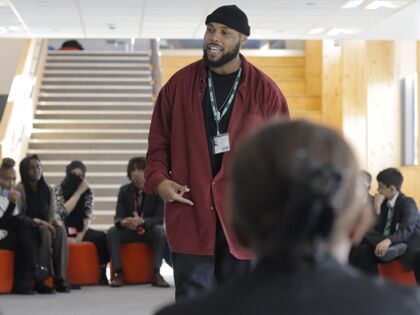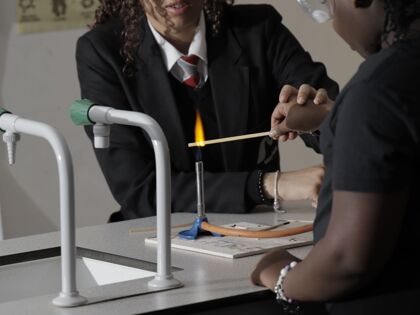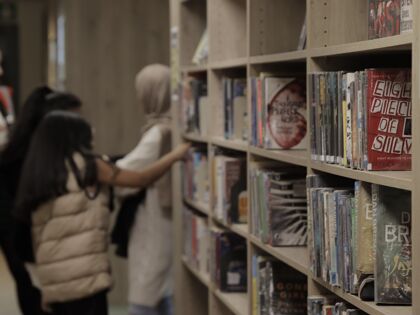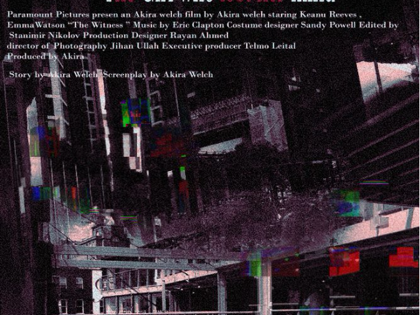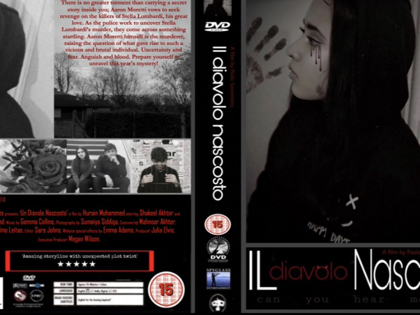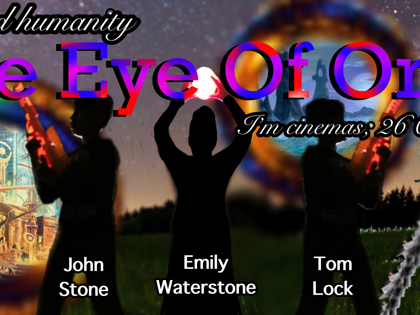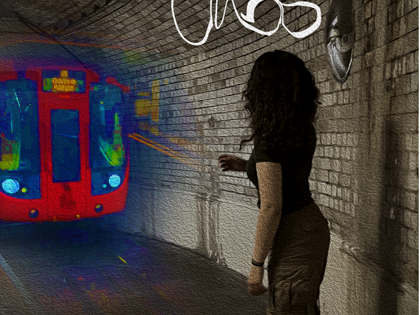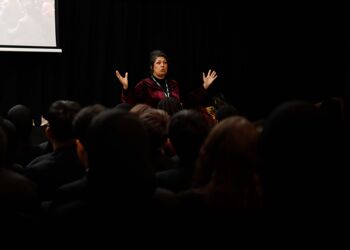 15th Dec
15th DecEnglish
| Staff | |
|---|---|
| Faculty Leader | Miss T. Iqbal |
| Assistant Faculty Leader | Miss A. Gabaldoni |
| Lead Practitioner (KS4) | Mrs K. Umar |
| KS3 Co-ordinators | Miss K. Neokleous Miss H. Qadir |
Our Ethos
Our Mayfield English Curriculum Intent
At Mayfield, we strive to foster a love of reading, writing, discussion and debate in our pupils so that they see language and literature inside the classroom and in the wider context of the world around them. We want them to recognise English and ‘practise it’ as a means of developing and securing an awareness of the importance of English in the world around them. To do this, we focus on how pupils can make connections between what they already know and new learning, thereby building and developing cultural capital, not only by what we can teach them about a text but what they can apply to it, as part of their lived experiences. We want English to be meaningful for our students, capitalising on their own lived experiences whilst also developing their appreciation for the literary canon.
Through identifying and exploring the impact of language, structure and context within a range of texts, varied by purpose, genre and form, students will also learn how to develop their own written voice: they will write texts as readers and read texts as writers.
In reading, interpreting and inferring across a wide range of texts, genres and writers, students will become confident in establishing their own impressions and opinions. We want our students to be able to nurture critical thinking, widening their perspectives and uncovering both explicit and implicit meanings. In doing so, students will become active readers who are analytical and able to deduce the effects of the writer’s craft as well as be confident in their evaluation of character and theme. In their writing, students will be able to form structured, technically accurate responses with clarity, interest and imagination, drawing on their knowledge from the breadth of texts and genres that they have been exposed to, to explore views alternative to their own with tolerance and empathy.
Students will become confident communicators, adopting language, style and expression in both written and spoken contexts. We aim for our students to become discerning critical thinkers who are capable of understanding and empathising with different points of view.
Subject Curriculum Map(s)
Home Learning
Homework plays a key role in English. Home learning is provided to students at least once a fortnight via the Show My Homework app, which parents can access and therefore monitor.
This independent engagement with language is playing a crucial role in supporting our students’ reading difficult texts they may encounter in their exams. We also promote the school’s Accelerated Reader programme and believe that reading for pleasure is fundamental in, again, not only developing English skills, but also broadening their understanding of the world, therefore helping them not just in English, but other subjects too.
Extra-Curricular Activities
As much as possible, we try to open students’ eyes to the creative capacity of language. The department offers extra-curricular clubs that promote, for example, reading for pleasure and poetry writing. We also offer students the opportunity to enter poetry and creative writing competitions like the BBC 500 Words and the National Poetry Day competition, in which we have had great success in seeing a wide range of our students work published. Where opportunities arise, we encourage student engage with literature in the real world whether this be through trips to the theatre, poetry readings or talks on literary figures.
KS3 Creative Writing Club
Join our Creative Writing Club, where imagination knows no bounds! Whether you’re a budding poet, a storyteller, or just love to express yourself through words, this club is the perfect space to explore your creativity. We’ll engage in fun writing exercises, share our work, and inspire each other to develop our unique voices. Come and unleash your potential in a supportive and friendly environment!
